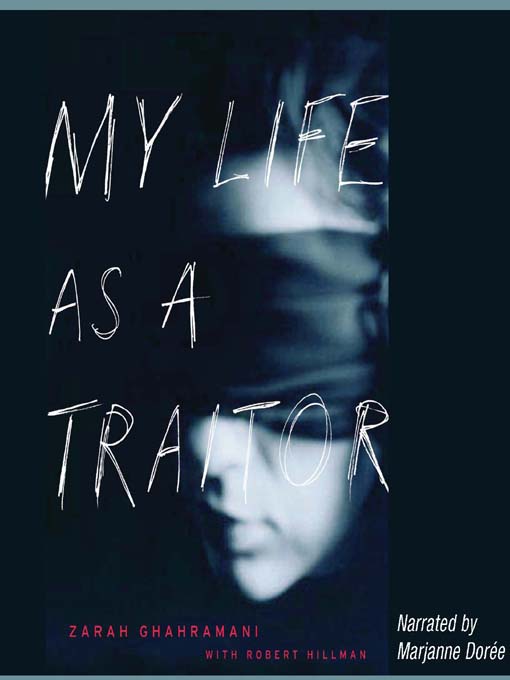
My Life as a Traitor
کتاب های مرتبط
- اطلاعات
- نقد و بررسی
- دیدگاه کاربران
نقد و بررسی

Ghahramani's memoir starts with her being interrogated and beaten in an Iranian prison. A soliloquy of flashbacks includes the history of Iran's culture and religions, her education and upbringing, and the leftist activities for which she is being detained. Narrator Marjanne Dorée speaks in three languages, each appropriate to the context: perfect American English for the author's words, English with a genuine Farsi accent when Iranians are speaking, and Farsi for Persian names and places. Her linguistic skill brings a picturesque authenticity to each situation. Her gentle and taciturn voice can switch from shocking, when recounting the guards' profanities, to warm, when describing the author's mother and father. Ghahramani's vehicle of placing herself in the milieu of her country's turmoil creates a colorful self-portrait. J.A.H. (c) AudioFile 2008, Portland, Maine

October 22, 2007
The second-year Iranian college student in 2001 knew “that making that speech meant trouble,” but she “had no real expectation of being kidnapped in the heart of Tehran and hustled off” to the notorious Evin Prison. Eventually, the 20-year-old Ghahramani is sentenced to 30 days and a few days—and several beatings—later is dumped in a vacant countryside to make her way home. Scenes from a happy family life (crippled by the Iran-Iraq war) and a spirited adolescence (cut short by a repressive regime) alternate with the prison experiences in this multilayered account. Ghahramani, daughter of a Muslim father and Zoroastrian mother, both Kurdish, dips with brevity and grace into personal family history and public political history. Graphic and powerful as her treatment of torturous imprisonment is, Ghahramani retains an irrepressible lightness, perhaps born of knowing that “ sense of justice can always benefit from a complementary sense of the ridiculous.” Her painfully acquired knowledge of “how easy it is to reduce a human being to the level of animal” does not keep her from “wondering if I’ll ever be pretty again.” Nothing, however, dilutes the bare bones prison experience. Her straightforward style, elegant in its simplicity, has resonance and appeal beyond a mere record.

























دیدگاه کاربران